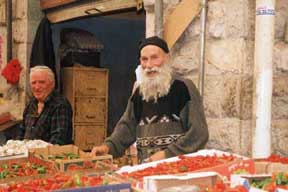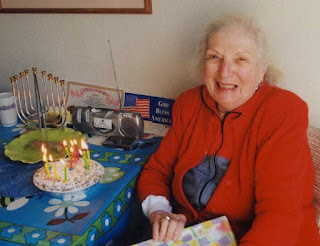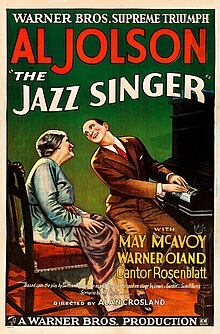
Happy Birthday to Rick in Portland... May you live to 120 in ever-increasing wisdom.
(To dedicate a future Table Talk, send an email.)
As presented two weeks ago, your Table Talk is now in L'Chaim mode.
The suggestion is this:
At some point during the Shabbat meal, pour everyone their favorite beverage for a l'chaim.
But ask them not to drink until after you finish the story. Make this a ritual every Friday night, and your family will look forward to it.
One of the best books I have found full of true stories with Jewish themes is called Stories My Grandfather Told Me. The publisher has granted me permission to excerpt these via email, but not on a web page.
This week's story is called “The Vegetable Man”.
It begins like this:
The yeshiva of Rabbi Shlomo Luria, known as the Maharshal, was located above a vegetable store.
This store was owned by a man called Reb Avraham, a quiet, modest man who kept to himself. The store was also his home.
One night, the Maharshal heard Reb Avraham learning out loud a very deep passage in the Talmud and explaining it thoroughly.
Apparently, this modest shopkeeper was a great Torah scholar!
+ + + +
If you would like to receive a the full story, please join the email list or send me an email, seinfeld (at) jsli.org
Question for your table - What's more important, wisdom or good deeds?
Shabbat Shalom
PS - Want to make your Table Talk rabbi happy? Like it, tweet it, or just forward it to someone who might enjoy it.
Excerpted and adapted with permission from Stories My Grandfather Told Me, Vol. 4, © 2001 ArtScroll/Mesorah Publications. All rights reserved. Get the book here.


